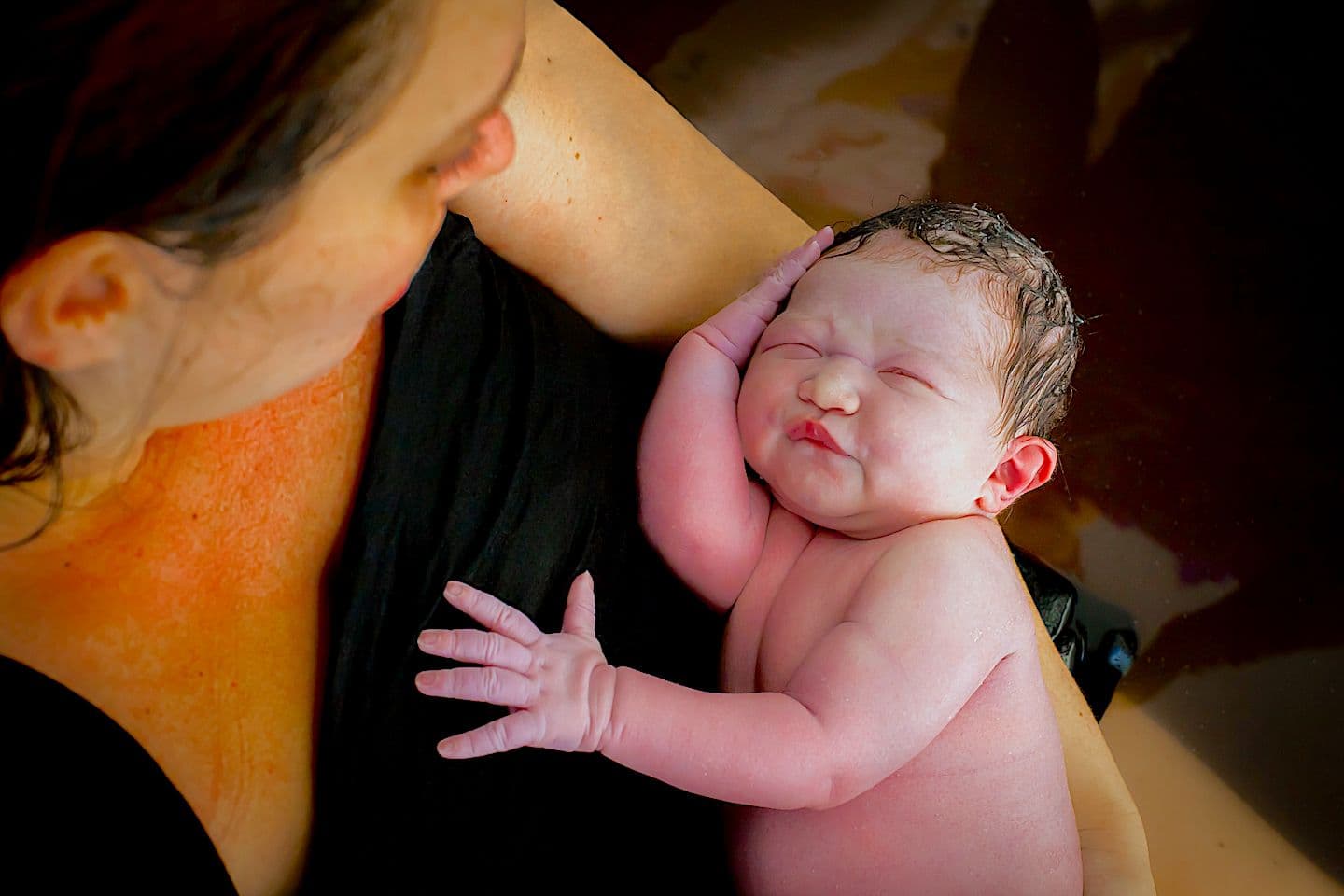Pregnancy Screenings for Malaria Reduce Maternal Death Rates
Obie Editorial Team
In third-world countries where malaria is a major concern for pregnant women and infants, consistent and regular pregnancy screenings may be the answer to reduce the number of maternal deaths. A new report gathered from more than 25 years of medical data suggests antenatal (during pregnancy) testing for malaria is enough to help save a mother’s life.
If testing works, why is there still a problem?
Not all women in areas fret with malarial risk have access to regular pregnancy screening. Some women live in populations that move often or live in areas without advanced medical care. Without access to medical care, women cannot be tested for malaria often enough or at all and that means a huge increase in maternal death. The numbers can be lowered, however, we just have to make testing a number one priority and, if need be, take the tests to the populations we know are at risk but have no medical access.
Malaria risk is not the only concern
The second and third most common causes of maternal death are blood infection and hemorrhage. If women had access to midwives for childbirth or monitored births in a more formal setting (with postnatal care preferably) these risks would be lowered as well. The risk of maternal death in many migrant populations is higher than any other third-world population simply because the women move often and health care does not move with them. While experts understand that these populations cannot have personal health care providers, there must be a viable answer to reduce maternal death.
There is a huge gap in maternal and pregnancy care in many third-world nations. Pregnant women and women who’ve just given birth need to have access to proper health care in a sterile environment – nothing less should be accepted. Researchers and experts believe that outreach programs are needed to touch migrant communities where women are clearly not receiving the care they need to have a safe pregnancy and postpartum period.
Read More









